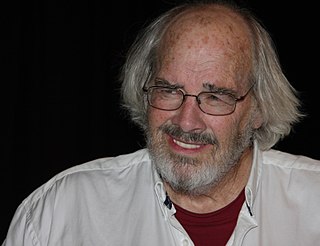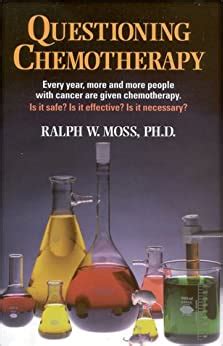A Quote by Bill Maris
We can get much better outcomes from people if we understand the genetic basis of the exact cancer that they have, what interventions might be most effective against it, what's worked in the past and what hasn't.
Related Quotes
Right now people are interested in genetic engineering to help the human race. That's a noble cause, and that's where we should be heading. But once we get past that - once we understand what genetic diseases we can deal with - when we start thinking about the future, there's an opportunity to create some new life-forms.
One of the most consistent findings about low performing schools and students is that "home variables" (parental income and education, etc.) are more predictive than "school variables." But, having said that, we as a society can have much more effect on the school variables than on the home variables, so it's important and valuable to focus on the question of which interventions in schools are most effective and which are least effective.
Say you have cancer - you have this broad thing we call cancer; we're going to irradiate you and pump this poisonous material into you and hope more of the bad stuff dies than the good. That is going to seem so medieval when we can fix it on a genetic level, and Foundation Medicine is the first step to diagnosing it on a genetic level.
Kanematsu Sugiura.....took down lab books and showed me that in fact Laetrile is dramatically effective in stopping the spread of cancer. The animals were genetically programmed to get breast cancer and about 80 - 90% of them normally get spread of the cancer from the breast to the lungs which is a common route in humans, also for how people die of breast cancer, and instead when they gave the animals Laetrile by injection only 10-20% of them got lung metasteses. And these facts were verified by many people, including the pathology department.

































